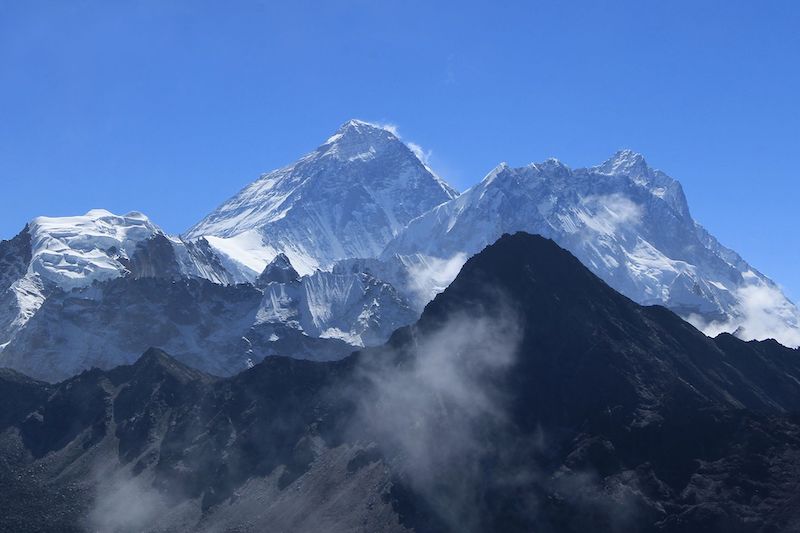With the winter fall climbing season in the Himalaya now behind us and the spring climbing season still a bit far off, you would think there wouldn’t be much news to report from Everest or the other big peaks in Nepal and Tibet. But as it turns out, China has decided to make things interesting heading into 2019 by drafting some potentially strict new rules that could change the way teams approach the worlds highest peak.
“In order to ensure the healthy and orderly development of mountaineering and minimize the occurrence of mountaineering accidents, mountaineering teams which were organized in Nepal temporarily will not be accepted.”
According to Stefan Nestler, who has also reported on these new regulations, a group of Nepali expedition operators immediately traveled to Tibet to seek clarification on the rules and may have succeeded in getting some Nepali companies approved to continue operating in Tibet, but as Alan points out, China has not been opposed to closing down the border into Tibet before and could do so again, making it harder for those operators to cross over to the North Side of Everest.
Another signifiant change, perhaps for the better, is that China is handing over control of all rescue operations on Everest to a company called Yarlha Shampo Expedition. In doing so, it shuts out all other search and rescue teams, but hopefully this will lead to faster rescue times, better coverage, and improved communications. Often climbing teams struggle to get a rescue operation underway in a timely fashion simply because there is confusion as to who to call and who has jurisdiction to operate on the mountain. The down side of this change in procedure is that the mountaineer is now responsible for paying all of the expenses his or herself. That could get very expensive, very quickly.
Other interesting additions to the rules include a requirement of one Sherpa guide for every client going to the summit, a $5000 security deposit for each team that is refundable post-expedition if they follow the rules, and a requirement that all expeditions register by February 28 each year. There is also an increase in the environmental fee to $1500, which is used to keep the 8000-meter peaks clean.
Some of these regulations are meant to bring order and control to Tibets 8000-meter peaks and are part of the maturation process of organizing climbing expeditions in Tibet. At times in the past, the North Side of Everest was a bit of a wild west environment, unregulated and out of control. That is changing very quickly now and expedition teams will have to react. This change also brings higher prices as it looks like the cost of climbing Everest from the north will start to get more expensive moving forward.
It’s going to be an another interesting spring in the Himalaya it seems.
- Gear Review: The Xero Scrambler Mid is an Ultralight Hiking Shoe for Spring - March 1, 2023
- Gear Review: Yeti Roadie 48 Wheeled Cooler - August 18, 2022
- Kristin Harila Continues Pursuit of 8000-Meter Speed Record - August 16, 2022
